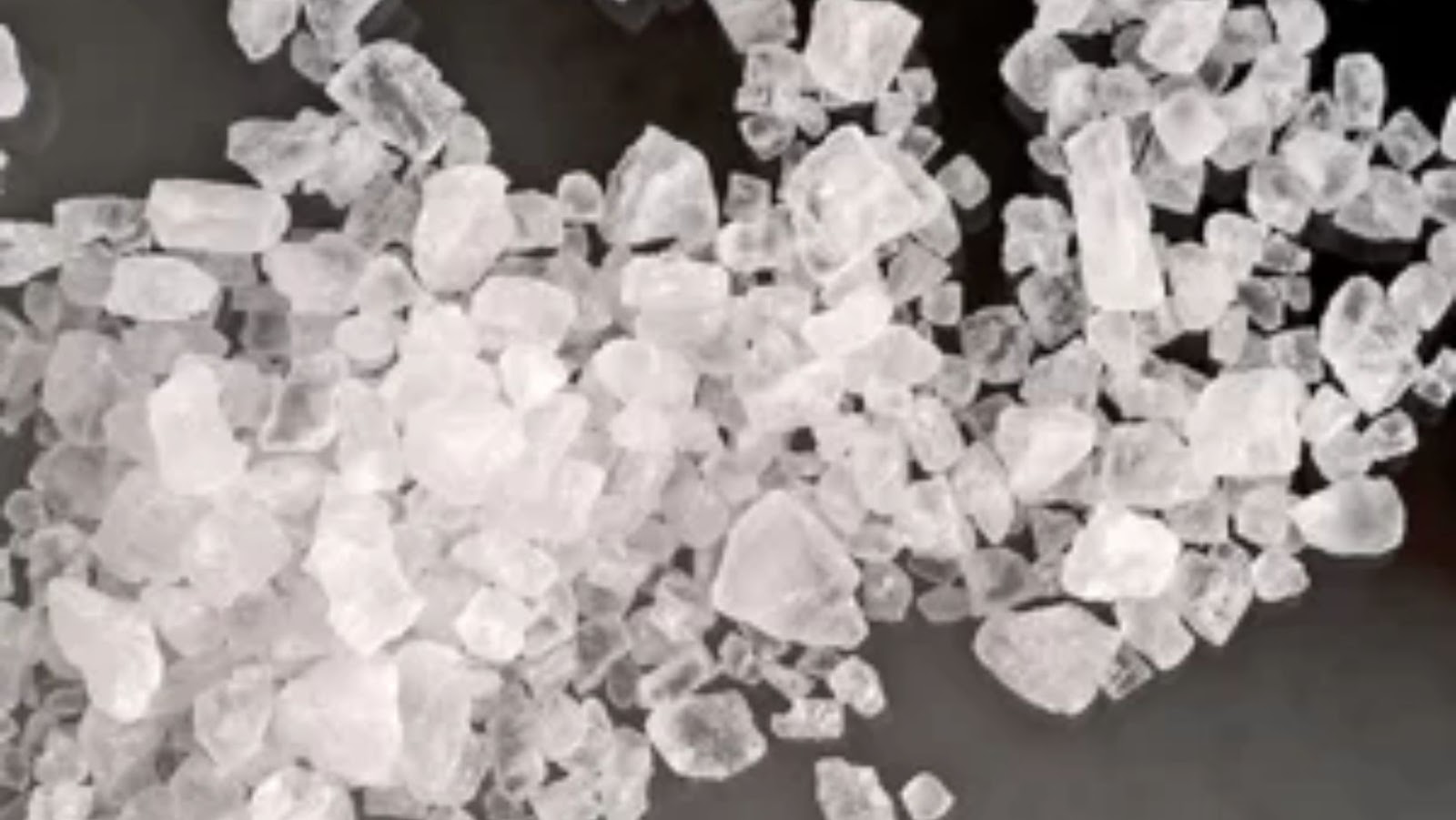
When someone eats salt, it can cause an imbalance of electrolytes in their body which results in hypernatremia (a high sodium level in the blood). When this happens, cells start to suck up water from each other, leading to dryness of the mouth, thirst, and confusion. The body tries to get rid of the excess sodium by releasing water into urine, which can then lead to dehydration. To avoid these symptoms, some people snort salt in order to speed up the absorption of it into the blood stream.
Salt is also sometimes snorted when someone is experiencing a nosebleed. The salt can help to stop the bleeding by contracting the blood vessels.
While snorting salt may be an effective way to absorb it into the blood stream, it can also have some negative side effects. When salt is snorted, it can dry out the nasal passages and lead to nosebleeds. It can also increase the risk of developing a sinus infection.
So, while snorting salt may be an effective way to absorb it into the blood stream, it can also have some negative side effects. It is important to weigh the risks and benefits before deciding whether or not to snort salt. If you do choose to snort salt, be sure to use a safe amount and be aware of the potential side effects.
What is snorting salt and why do people do it ?
Snorting salt is the process of inhaling salt crystals into the nose. People do it in order to absorb the salt into the blood stream faster than if they were to eat it. Salt is absorbed more quickly into the blood stream when it is snorted because it bypasses the digestive system.
How to properly snort salt ?
There are several different techniques that people use when snort salt. One of the most popular methods is to pour some salt into the hand, form it into a line with one’s thumb, and then inhale it through the nose. Other people place some salt on their desk or flat surface, put a straw above it, and snort the salt through the straw. There are also special devices that can be used to snort salt. These kinds of devices are usually made out of plastic or metal, and some have holes in them so the user can create a line of salt.
How to use it without getting hurt or damaging your nasal passage (instructions)?
If you decide to snort salt, it is important to do it safely. First of all, use a safe amount of salt and don’t take too large of a line. If you’re not sure how much is safe, try snorting about one-tenth of a teaspoon first and see how that feels. You can always add more if needed.
Possible benefits
Possible benefits from taking in more sodium than usual, such as preventing hangovers and curing headaches (again, this might be a good spot for some research)
There are some possible benefits to snorting salt. For example, some people believe that snorting salt can help to prevent hangovers. There is also some evidence that suggests snorting salt may help to cure headaches. However, more research is needed in order to confirm these claims.
Risks associated with snorting salt
When salt is snorted, it can dry out the nasal passages and lead to nosebleeds. It can also increase the risk of developing a sinus infection.
What happens if you snort salt?
In conclusion, snorting salt can be an effective way to absorb it into the blood stream, but it can also have some negative side effects. It is important to weigh the risks and benefits before deciding whether or not to snort salt. If you do choose to snort salt, be sure to use a safe amount and be aware of the potential side effects.



